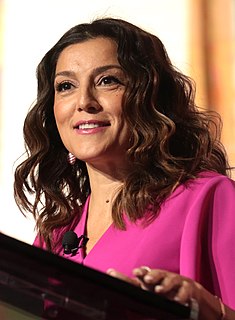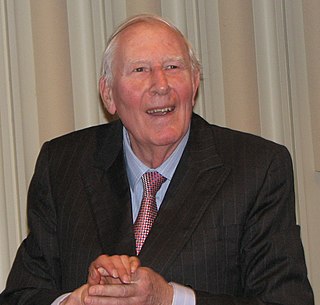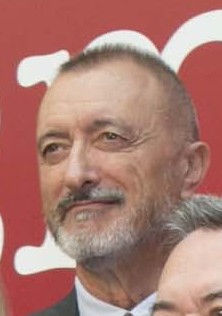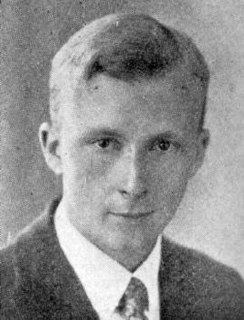A Quote by Anatoly Karpov
I am thinking about chess in schools in particular. In the USA more than 3200 children competed in an event.
Related Quotes
Apparently almost anyone can do a better job of educating children than our so-called 'educators' in the public schools. Children who are home-schooled by their parents also score higher on tests than children educated in the public schools. ... Successful education shows what is possible, whether in charter schools, private schools, military schools or home-schooling. The challenge is to provide more escape hatches from failing public schools, not only to help those students who escape, but also to force these institutions to get their act together before losing more students and jobs.
In an age when schools are facing significant budgetary restraints, there is a greater need than ever to make chess available to as many students as possible. We've assembled the very best in chess education to develop a complete chess curriculum - K through 12. We've designed a program that encourages creativity, instills self-discipline and offers hope and a feeling of accomplishment to millions of children.
I was a professional chess player in Romania, but only a small-time master. When I came to France, I continued playing chess for many years: I played tournaments in numerous countries with mixed results. I wrote and published a book - La Défense Alekhine and translated two others from Russian. I taught chess in schools; I earned more money through chess than through literature.
I started playing chess when I was about 4 or 5 years old. It is very good for children to learn to play chess, because it helps them to develop their mental abilities. It also helps to consolidate a person's character, because as it happens both in life and in a chess game we have to make decisions constantly. In chess there is no luck and no excuses: everything is in your hands.
There are constraints on what counts as "Reformed." It's more than a name or a label. It's about belonging to a particular theological stream or tradition, which is shaped in important respects by particular thinkers and their work, particular arguments and ideas, a particular community (especially, particular church communities, denominations, and so on), particular liturgies or ways of worshipping and living out the Christian life, and particular confessions that inform the practices of these communities.































